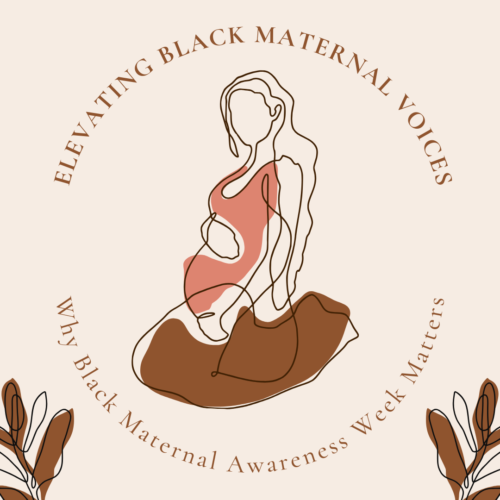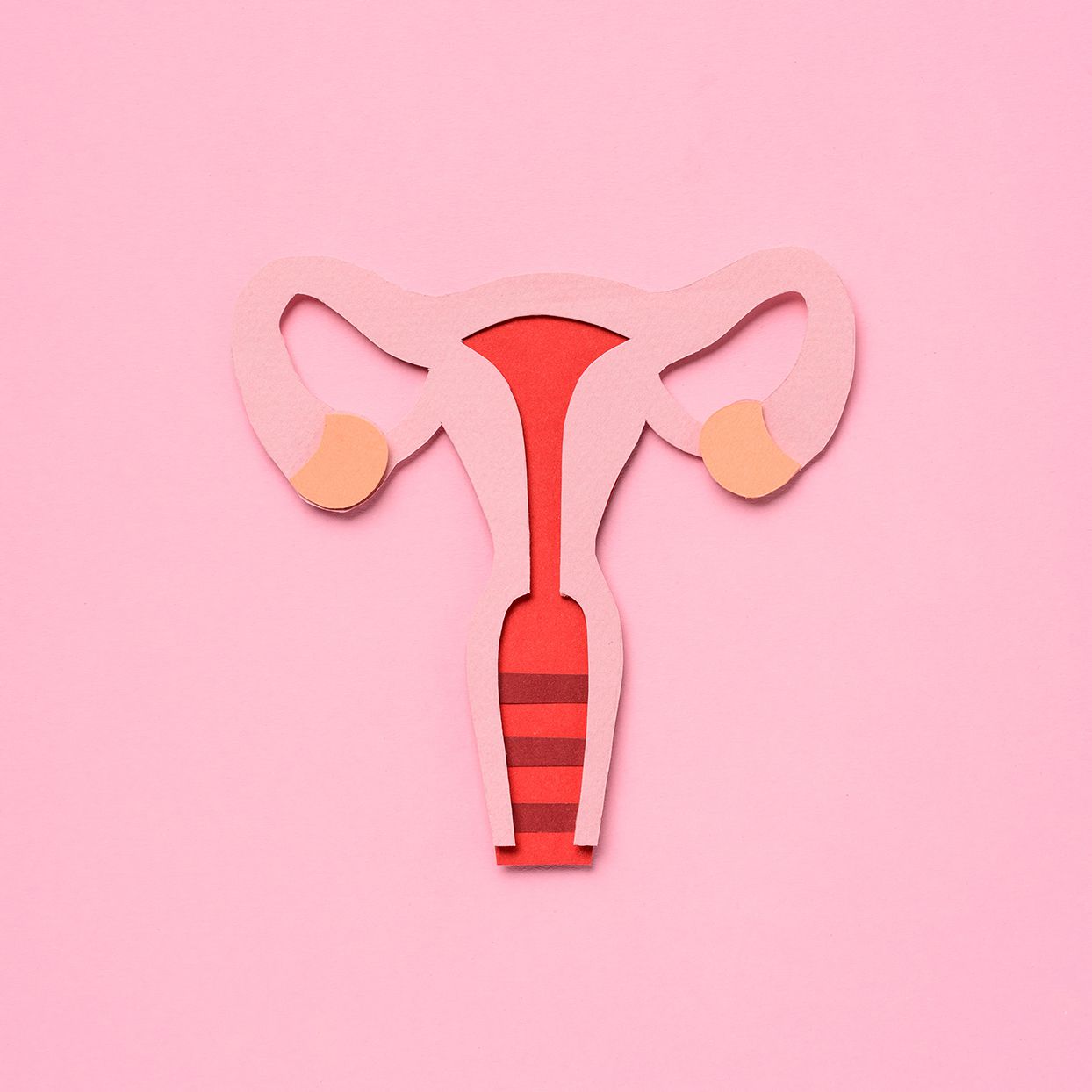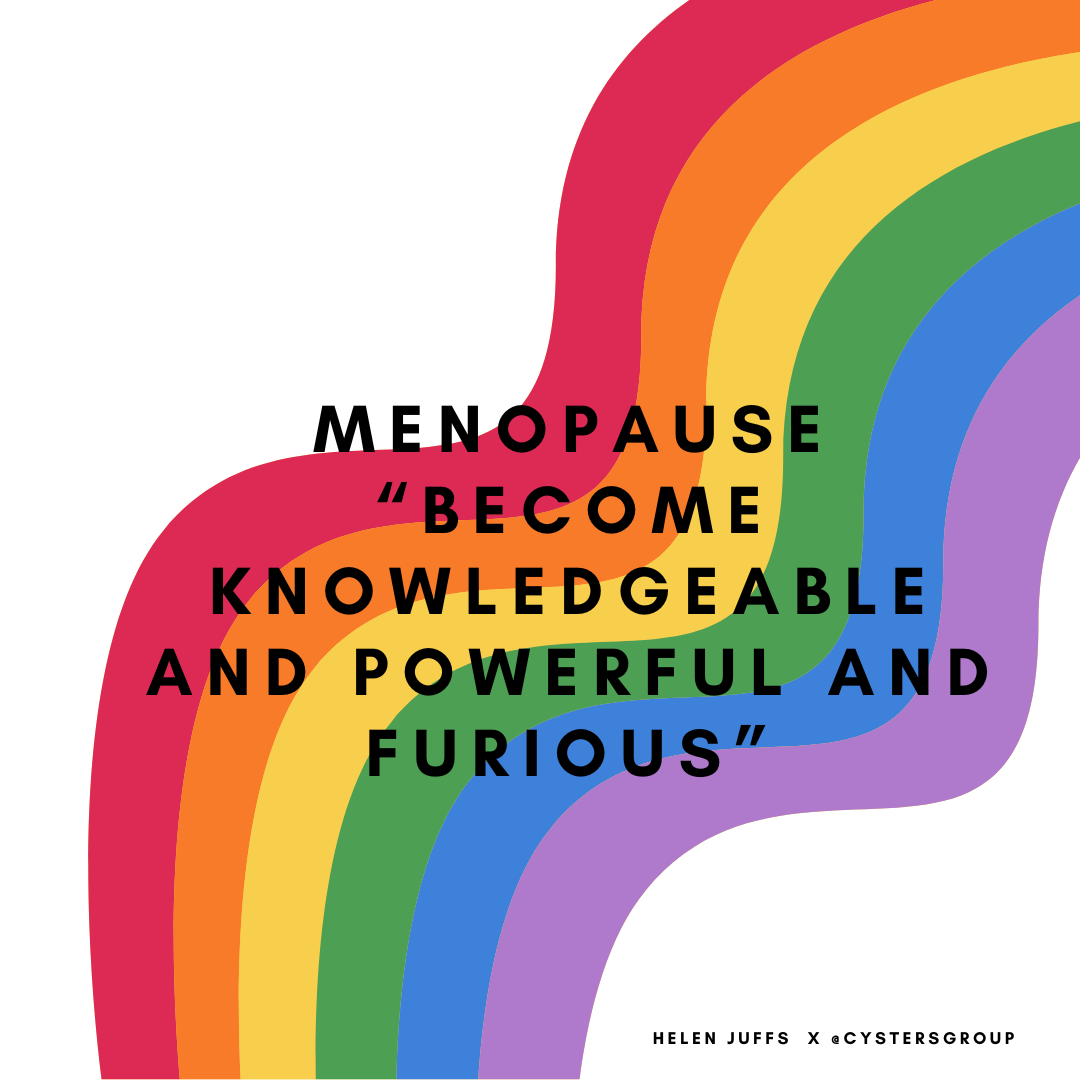Period Product Scheme – A Sector Response to the Extension of the scheme in England to July 2025: “Good news, but far from enough to address the reality of period inequity” Department for Education Overview Whilst we applaud the decision to extend the period product scheme in England to July 2025, far more needs to Continue Reading
New research reveals a lack of understanding about cervical screening and why some don’t attend
A new survey (YouGov) commissioned by the UK’s leading gynaecological cancer charity The Eve Appeal has revealed a lack of understanding about what a cervical screening test is for and a range of barriers to attending a screening appointment when offered it. Out of the 1070 women surveyed, 9 in every 10 (92%) said they Continue Reading
PCOS: Voices Unheard – Exploring PCOS in the UK’s South Asian and Afro-Caribbean Communities
PCOS is a common endocrine disorder affecting women of reproductive age, characterised by hormonal imbalances that can lead to various symptoms, including irregular periods and ovarian cysts. (1) Existing research has highlighted an association between the difficulties and psychological stress, women of colour face, when trying to cope with this condition, with an exacerbation of Continue Reading
Gaps In Menopause Research Leave Marginalised Communities Struggling For Proper Care
While conversations around menopause are thankfully becoming more frequent, experts are asserting that women from marginalised communities are still being left without a voice. With a lack of research and support for the unique experiences of marginalised women, a harsh reality is being exposed: menopause equality is far from being achieved. Despite menopause affecting 51% Continue Reading
Elevating Black Maternal Voices: Why Black Maternal Awareness Week Matters
In the ongoing conversation about maternal health, a glaring concern has been at the forefront of our minds: the disproportionate challenges faced by Black mothers. In response, the United Kingdom, largely thanks to the efforts of campaigners has embraced Black Maternal Awareness Week—an essential initiative dedicated to addressing systemic disparities in maternal healthcare. The statistics Continue Reading
Empowering Black Mothers: Addressing Maternal Health Inequalities
The journey of motherhood is supposed to be one of joy and anticipation, but for many Black women in England, it’s overshadowed by alarming statistics and disparities in maternal healthcare. Recent analysis has unveiled a troubling reality: Black women are up to six times more likely to experience severe birth complications compared to their white Continue Reading
PCOS patients ‘could be more likely to struggle with memory problems’ – study shows
PCOS patients ‘could be more likely to struggle with memory problems’ – study shows People with polycystic ovary syndrome may be more likely to have memory and thinking problems in middle age, according to new research. PCOS is a hormonal disorder that is defined by irregular menstruation and elevated levels of androgens. Other symptoms may Continue Reading
Beauty influencer Jessica Pettway died aged 36 from cervical cancer after multiple incorrect medical diagnoses.
Beauty influencer Jessica Pettway died aged 36 from cervical cancer after multiple incorrect medical diagnoses. The prominent beauty, fashion and lifestyle YouTube star passed away on March 11, 2024, just nine months after she was diagnosed with Stage 3 cervical cancer. The influencer broke the news of her shock diagnosis to fans on social media after Continue Reading
Endometriosis: Years of being “dismissed, ignored and belittled”
Endometriosis UK urges improvement to deteriorating diagnosis times Getting a diagnosis for endometriosis now takes almost a year longer than before the pandemic, according to new research published by the charity Endometriosis UK during Endometriosis Action Month 2024 (March). A new study shows that diagnosis times in the UK have significantly worsened over the last Continue Reading
Menopause – “Become knowledgeable and powerful and furious”
By Helen Juffs My menopause story is long, and it isn’t pretty – it actually might scare and worry – so I want to start by saying there is good news too! It is SO much easier to get menopause support now. There are Facebook Groups, Instagram, or Podcasts targeted at an increasingly wide demographic Continue Reading









